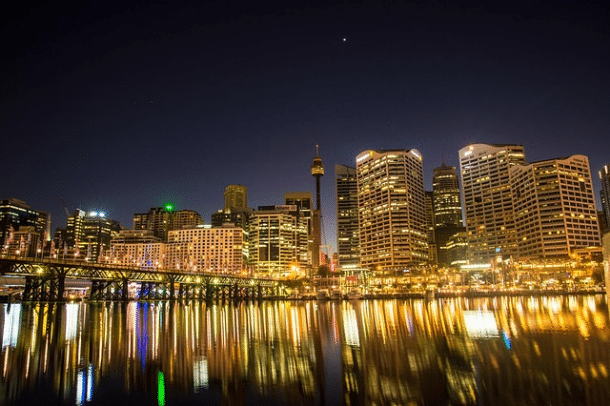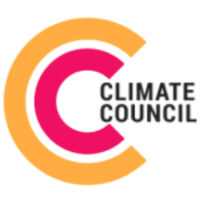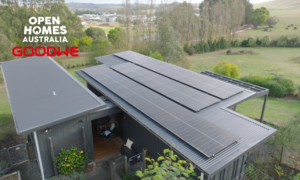In its current form the National Energy Guarantee (NEG) will put a handbrake on the renewables boom and prevent states transitioning to clean energy, according to the Climate Council.
Australia also needs to slash carbon emissions “rapidly and deeply” to tackle climate change effectively, CEO Martin Rice says, describing the NEG’s current target of 26 per cent reduction as “woefully inadequate”.
The comments come as the clock ticks down to next week’s critical COAG meeting on August 10. The Coalition needs unanimous state and territory support for the NEG to work.
Call for 50 – 70% emissions reductions in NEG
According to Climate Council senior energy analyst Petra Stock, the Australian energy market needs to include 50 to 70 per cent renewables by 2030.

NEG modelling aims to achieve 36 per cent renewables by 2030.
However, renewables are already on track to supply 33.3 per cent of market power by 2020, according to Green Energy Markets.
Climate Council call to fuel renewables boom
A concentrated effort is needed to end Australia’s reliance on ageing and polluting coal-fired power plants, Rice says.
States should therefore be supported in their renewable energy transition. This will boost jobs and clean energy investment. The Climate Council believes:
- Greenhouse gas emissions must be slashed: this means cuts of up to 60 per cent by 2030.
- NEG needs sliding targets which can be increased over time.
- Realistic plans are needed to reach net zero emissions well before 2050.
- Emissions targets should meet or exceed total state and territory targets.
- Australia must reach at least 50-70 per cent renewables by 2030.
According to the council, credible government policy is needed well before coal-fired plants are closed. This will reduce our reliance on ageing coal and gas generators. It will also boost investment in renewable energy.
Solar energy driving global renewables boom
Meanwhile, a new report by the International Energy Agency (IEA) shows solar installations enjoying a global boom.
Solar energy share increased by 22 per cent in OECD countries in 2017. The Organisation for Economic Co-operation and Development (OECD) consists of 35 member countries, including Australia, US and UK.
The IEA report also notes a big increase in electricity use in the road transport sector. This is due to increased uptake of electric vehicles, especially in Europe.
According to Australia’s Electric Vehicle Council, the running costs of a fuel-powered car are almost four times that of an EV.
In addition, owners of solar installations and Tesla or sonnen home storage batteries can save even more by recharging their EV from their home solar power systems.
Talk to someone at Energy Matters about the possibilities for solar energy in your home or business on 133 786.












































